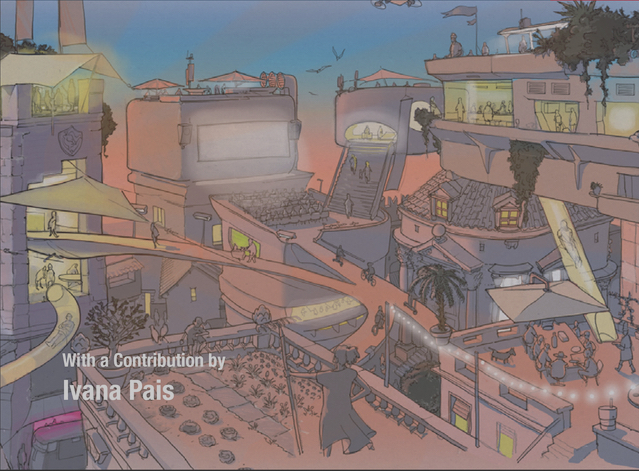
Ezio Manzini's ideas for the city that cares.
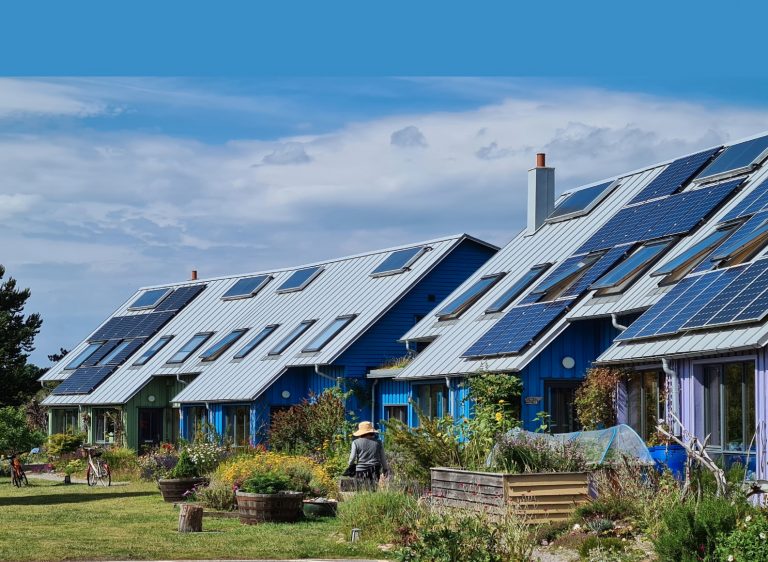
The latest IPCC report on the Mitigation of Climate Change has a lot of meat in it for those engaged in human-centered design, behavioral change strategies, and behavioral sciences.

Haptics devices probably won’t ever live up to their promise to replicate physical contact, writes David Parisi (associate professor, College of Charleston) in the online Real Life magazine.
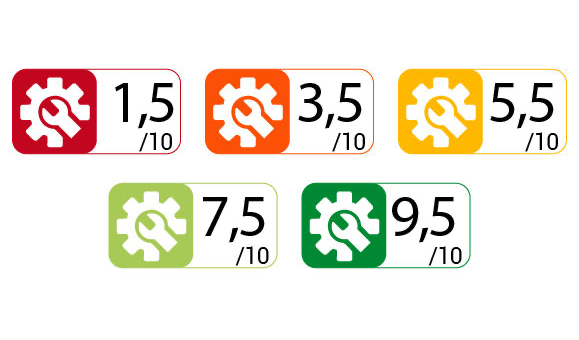
Analysis of the outcomes of the French repairability index, how it affects repairers and how consumers feel about it.

Behavioural changes which affect the way people use energy are an important part of the toolkit for reaching net zero emissions by 2050.

Applying behavioural science to environmental challenges can help policymakers better target and redirect unsustainable behaviours. This report draws on published work to provide an overview of behaviourally informed interventions, why they should be considered by governments and how they can be devised and applied.

For the world to reach net zero, consumers everywhere will have to make fundamental changes to how they travel, heat, cool and power their homes, the food they eat and the products they buy.

This report of the Cambridge Sustainability Commission on Scaling Sustainable Behaviour Change draws on research syntheses about the potential contributions of behaviour change towards climate and sustainability goals to attain the goals of the Paris Agreement.
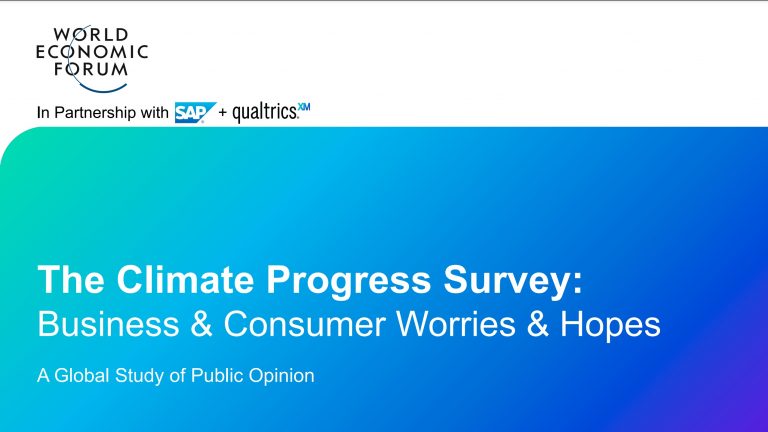
A study by the World Economic Forum, Qualtrics and SAP suggests we are far from reaching a consensus about who is responsible for taking action on climate change and who is trusted to do so
Results suggest 81% of people say businesses are primarily responsible for taking action on climate change, yet only 28% trust businesses’ claims about sustainable practices.
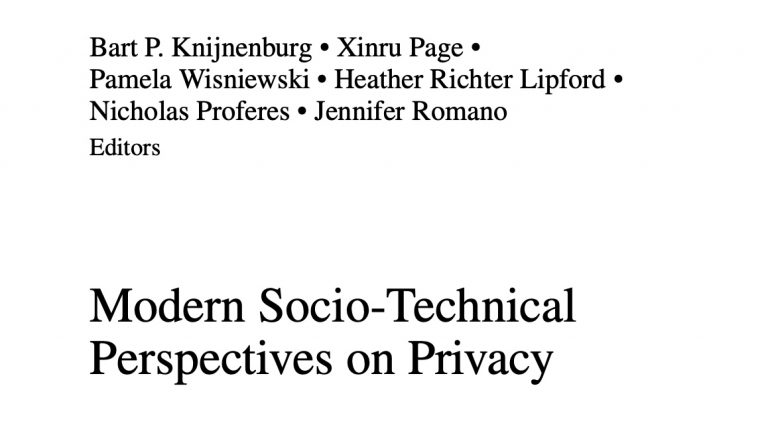
Provides a foundational understanding of technical and social aspects related to online privacy
Covers modern application areas as well as underexplored issues (e.g., privacy accessibility, cross-cultural privacy)
Includes a dedicated part on forward-looking approaches to privacy that move beyond one-size-fits-all solutions.
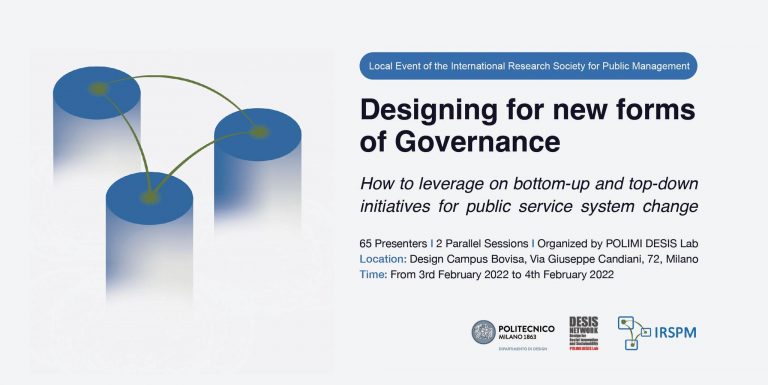
ToNite project presented at Milan conference on design-led approaches to renewing public management and governance
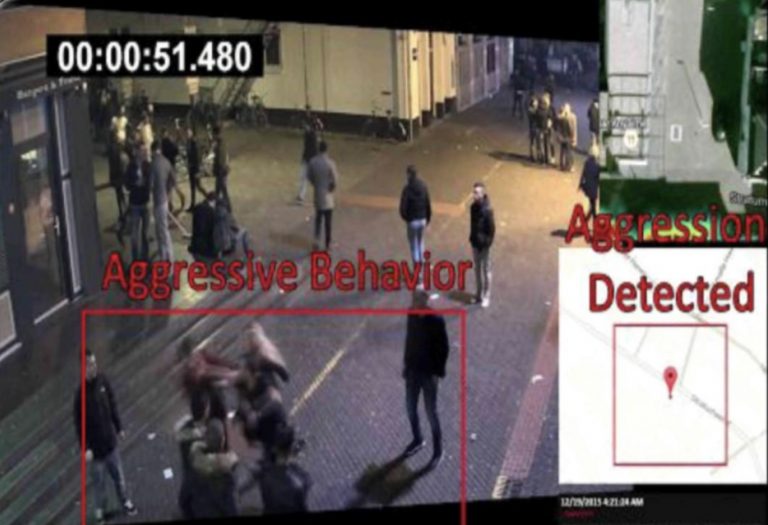
This article explore the promises of security that are embedded in the smart city technologies and algorithms and their potential implications for creating social inequality and discrimination, through an ethnographic study of the Living Lab Stratumseind, a popular nightlife street in Eindhoven.
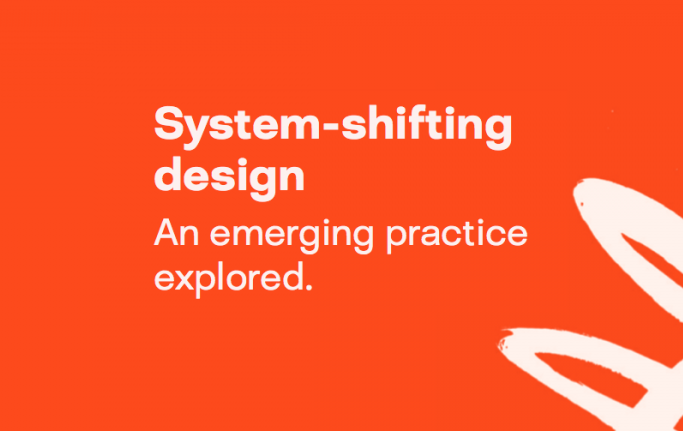
"System-Shifting Design: An Evolving Practice Explored" explores what ‘next practice’ around systemic design looks like, and how the design system itself might need to change to allow more designers to do things differently.

With this product, writes anthropologist Sally Applin in MIT's Technology Review, "Facebook is claiming the face as real estate for its own technology."

Download free Experientia report on the role of consumer behavior in making food purchasing and product packaging more sustainable.
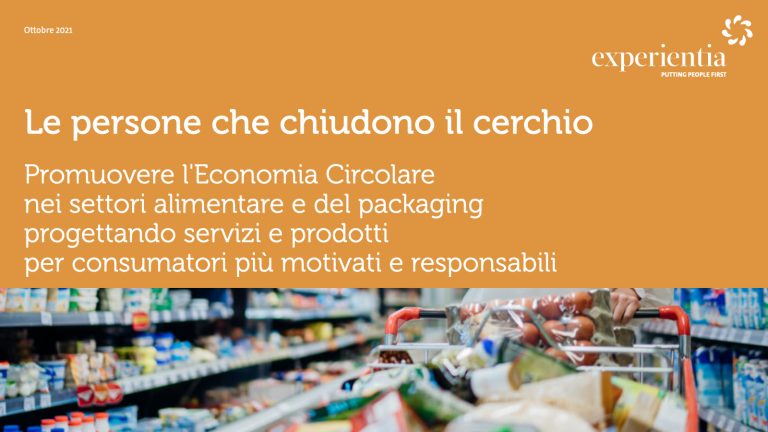
Rapporto gratuito di Experientia sul ruolo del comportamento dei consumatori nel rendere più sostenibile l’acquisto degli alimenti e il packaging dei prodotti.
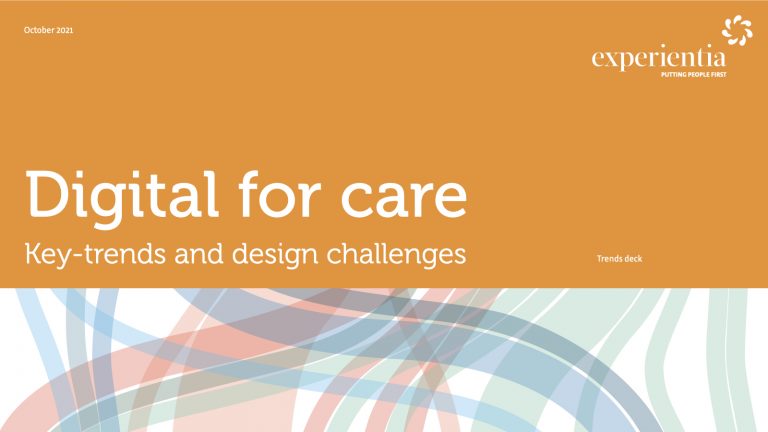
Download free Experientia report on key trends and design challenges in home and remote care when patient and caregivers use online platforms and on-body health devices
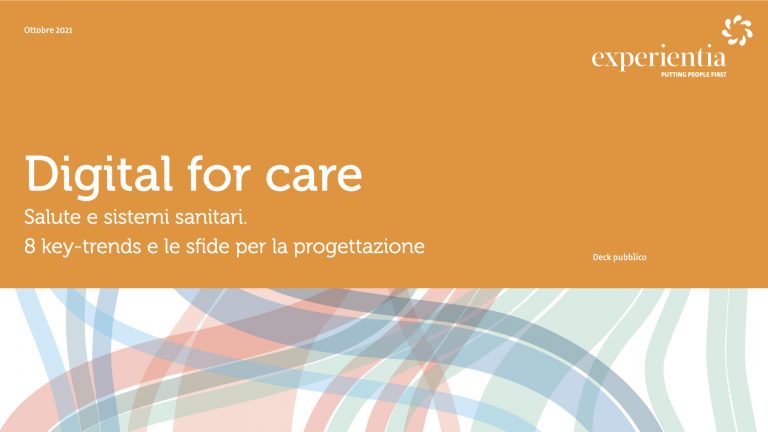
Rapporto gratuito su tendenze chiave e sfide di design nell'assistenza a domicilio e a distanza quando il paziente e i caregiver usano piattaforme online e dispositivi per la salute.

A bold reassessment of "smart cities" that reveals what is lost when we conceive of our urban spaces as computers.

Research in US, Denmark, Hungary and Italy suggests that the ongoing pandemic places many countries at an increased risk of political unrest. The violence that marked some of the 2020 demonstrations was likely a manifestation of the psychological toll the pandemic has had on citizens.




















